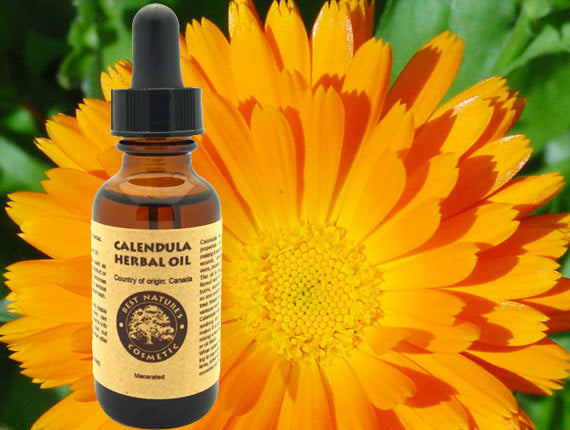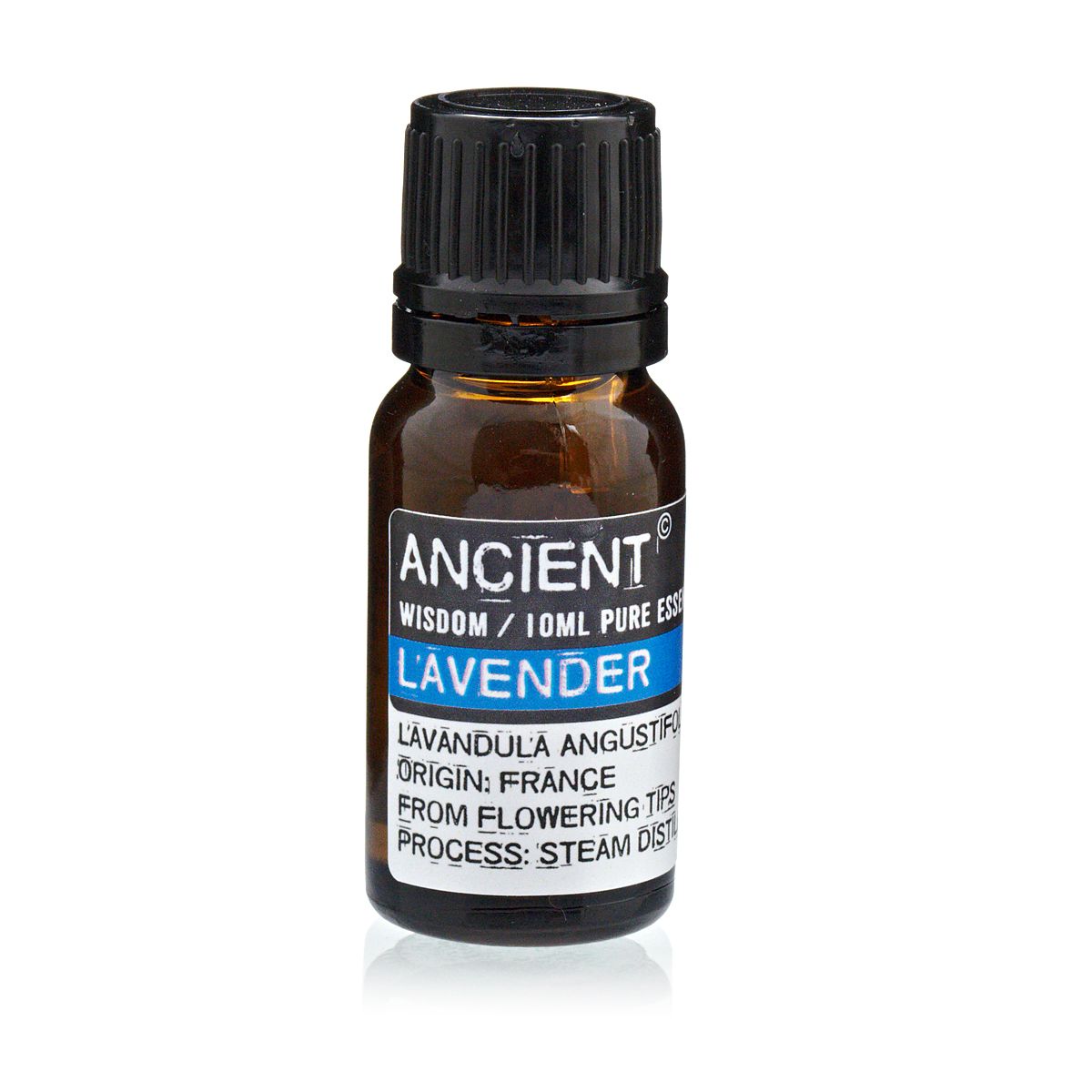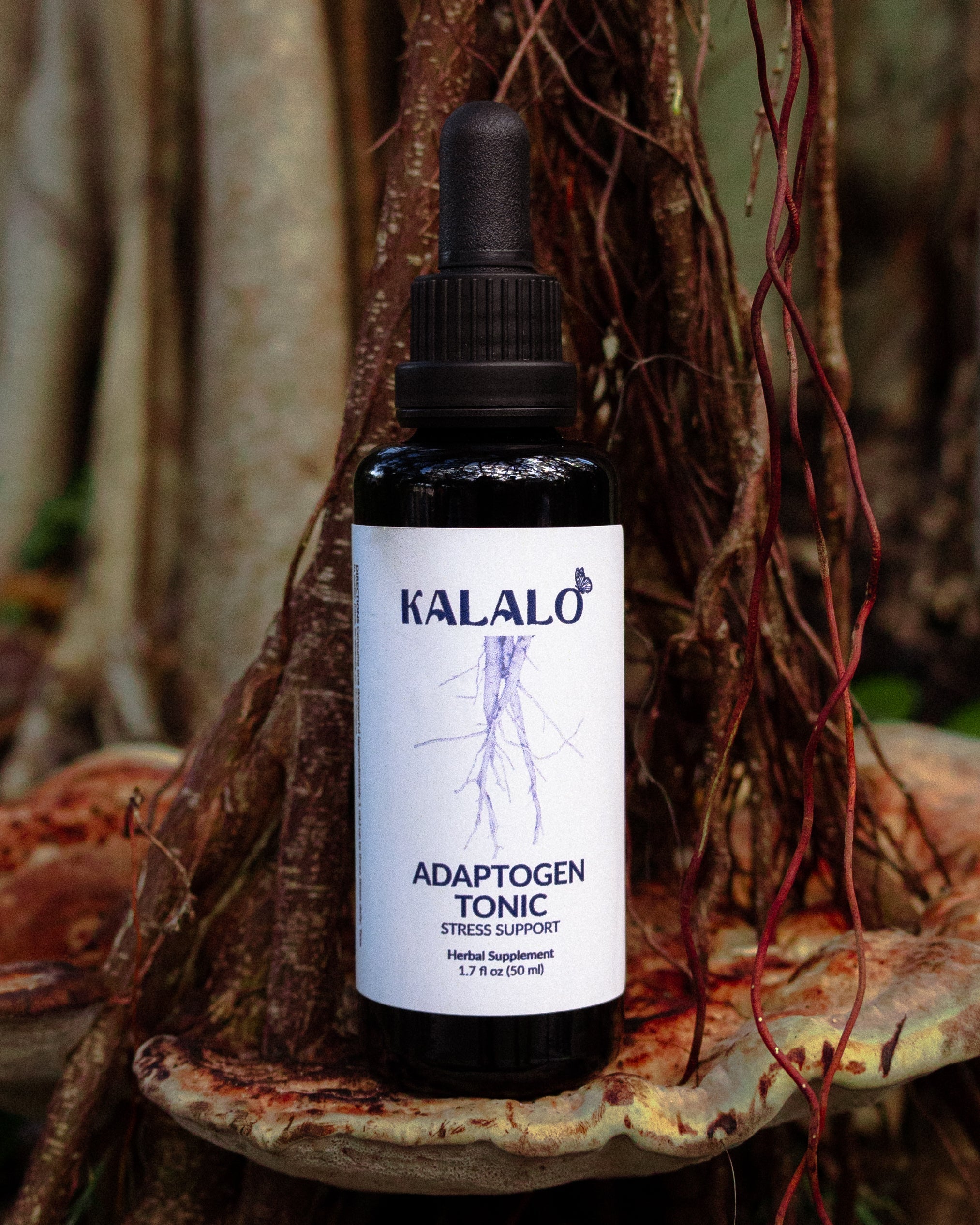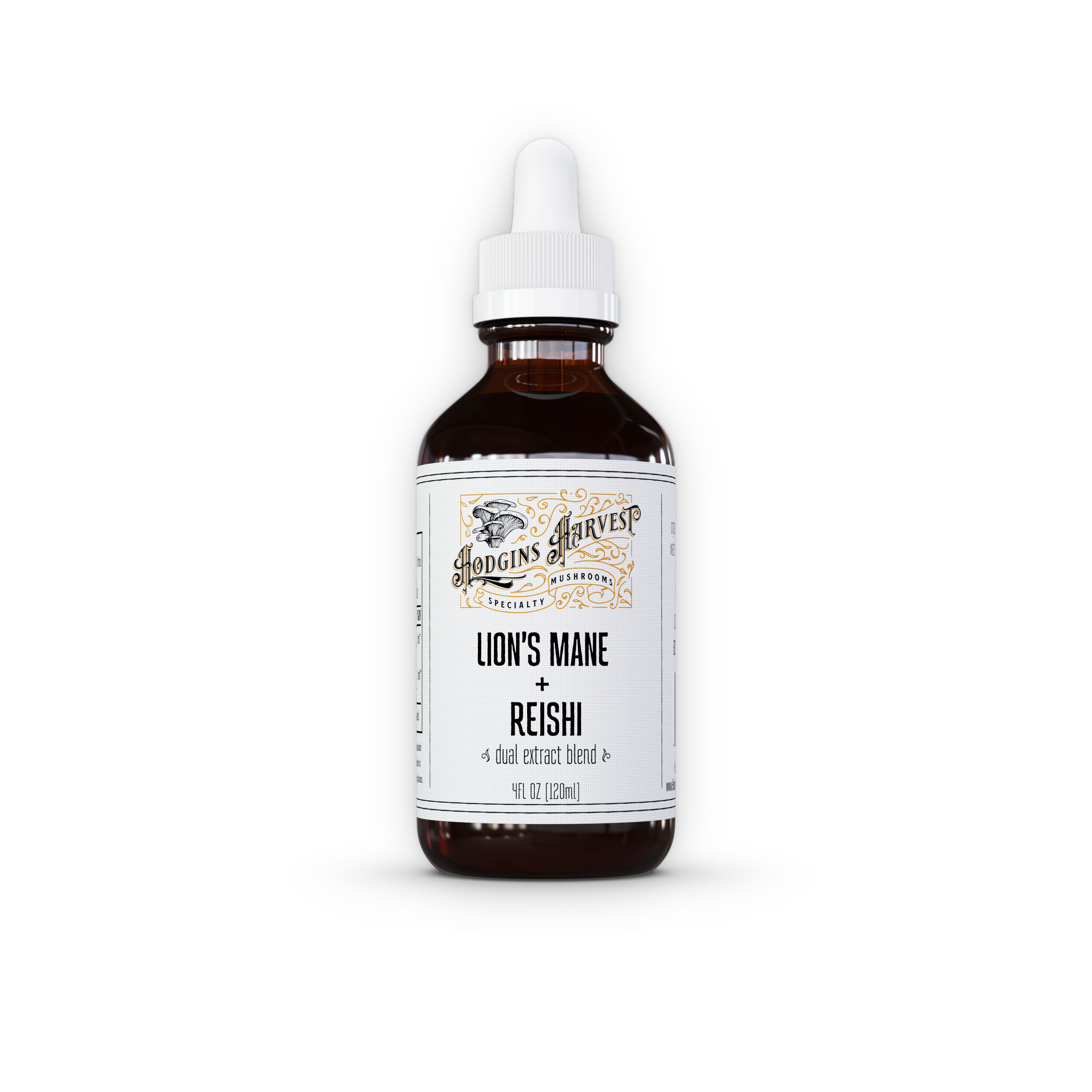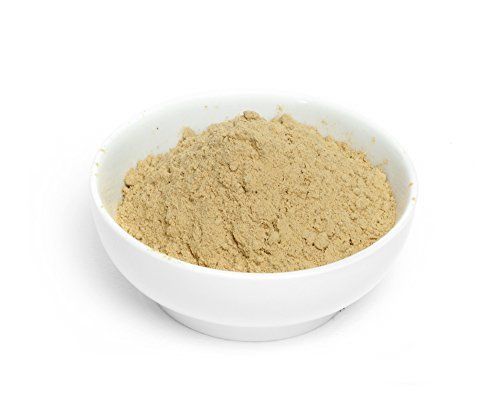
Crystals and gemstones have captivated humans for thousands of years, appreciated not only for their beauty but also for their supposed healing properties. From ancient civilizations in Egypt, China, and India to modern holistic practices, crystals are believed to influence physical health, emotional well-being, and spiritual growth. But what does science say about their therapeutic potential? Let’s explore the healing claims associated with crystals and gemstones and examine the supporting evidence.
The Popularity of Crystals and Gemstones in Healing
Practitioners and enthusiasts attribute a variety of healing properties to crystals based on their color, mineral composition, and energetic qualities. Some common beliefs include:
- Amethyst promotes clarity and peace.
- Rose quartz encourages love and emotional healing.
- Clear quartz amplifies energy and intention.
- Citrine supports positivity and confidence.
These beliefs often stem from ancient traditions, spiritual systems, and the symbolism assigned to the stones’ colors and minerals.
The Therapeutic Claims
Advocates suggest that crystals can:
- Reduce stress and anxiety
- Promote emotional balance
- Enhance meditation and spiritual connection
- Support physical healing (e.g., detoxification, pain relief)
- Improve sleep and overall energy levels
Scientific Perspective and Research
Despite widespread use and anecdotal reports, scientific research on crystals’ healing properties remains inconclusive. The scientific community generally considers claims about crystals having direct biomedical effects to lack rigorous evidence. However, some studies and psychological mechanisms can help explain why people benefit from crystal practices:
1. Placebo Effect and Expectancy
Research shows that belief and expectation can significantly influence health outcomes—a phenomenon known as the placebo effect. A study published in Psychology of Consciousness in 2014 found that participants’ expectations of healing can induce real changes in mood and stress levels when they believe in the efficacy of a treatment, including crystal therapy.
2. Aesthetic and Mindfulness Benefits
Using crystals often involves meditation, intentional focus, and calming environments—all proven to reduce stress and promote mental well-being. A review in Mindfulness (2012) emphasizes that mindfulness practices and aesthetic elements can have tangible benefits for mental health.
3. Emotional and Symbolic Significance
Crystals often serve as emotional anchors, symbols of intention, or tools for meditation. These practices can foster emotional stability and clarity, supported by evidence that mindfulness and guided visualization improve mood and reduce anxiety (see Journal of Consulting and Clinical Psychology, 2009).
In Summary
While there is no definitive scientific evidence proving that crystals directly influence physical health, their use can have positive psychological, emotional, and spiritual effects—primarily through the power of expectation, mindfulness, and symbolism. Crystals may serve as useful tools for meditation, stress reduction, and personal reflection.
Final Thoughts
Crystals and gemstones offer beauty, symbolism, and a means for mindfulness and intention-setting. Their healing benefits are most likely rooted in psychological and emotional responses rather than specific physical properties. If using crystals helps you feel calmer, more focused, or emotionally balanced, they can be a meaningful addition to your wellness routine. Remember, they should complement—not replace—medical treatment when needed.


